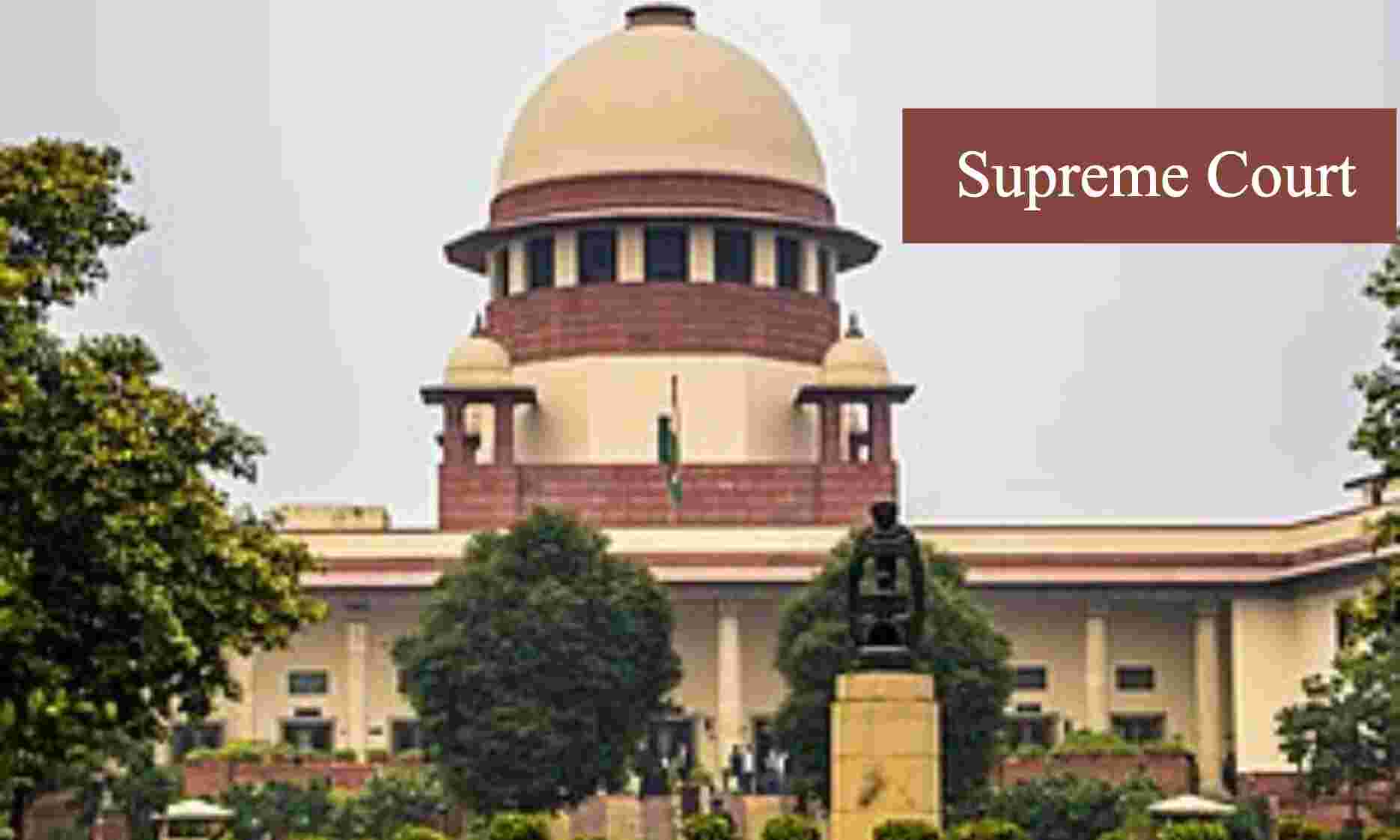 |
|
The Supreme Court of India delivered a landmark judgment in favor of a 20-year-old medical aspirant with multiple disabilities, highlighting the crucial issue of reasonable accommodation for persons with disabilities (PwDs) in higher education. The petitioner, an Other Backward Class (OBC) candidate with locomotor and speech disabilities since birth, had consistently cleared the National Eligibility-cum-Entrance Test (NEET-UG) examination, yet faced repeated denials of admission to medical colleges. This case underscores the systemic challenges faced by PwDs in accessing educational opportunities, despite existing legal frameworks and reservation policies designed to promote inclusivity.
The petitioner's journey through the legal system was arduous and protracted. Initially, his application was rejected by Disability Assessment Boards (DABs) in both Rajasthan and Chandigarh, leading to the dismissal of his petitions in the Rajasthan High Court and the Punjab and Haryana High Court. These rejections, despite his NEET-UG scores surpassing the cut-off for OBC-PwD category students, demonstrate a significant failure in the assessment process and a lack of understanding of reasonable accommodation principles. The courts' initial reliance on DAB reports without critically examining the petitioner's capabilities further highlights this systemic flaw. The inconsistent application of existing disability guidelines reveals a lack of clarity and uniformity in assessment practices across different states and institutions, indicating a need for standardization and improved training for assessment boards.
The Supreme Court's intervention was critical in rectifying this injustice. The Court’s decision to summon the Director General of Health Services (DGHS) after repeated non-compliance from relevant authorities showcases the Court’s commitment to ensuring the petitioner's rights were upheld. The involvement of iProbono India, providing pro bono legal representation, further emphasizes the importance of legal aid in accessing justice for marginalized communities. The AIIMS expert committee, initially tasked with assessing the petitioner’s ability to pursue medical studies, offered a divided opinion, with a dissenting report highlighting the feasibility of the petitioner completing his MBBS and practicing medicine with appropriate clinical accommodations and assistive technologies. This dissenting report, based on the Rights of Persons with Disabilities Act, 2016, and international best practices, proved instrumental in the Supreme Court's final ruling.
The Supreme Court's ultimate decision to create a supernumerary seat at the Government Medical College, Sirohi, Rajasthan, for the petitioner is a significant victory for disability rights and access to education. The choice of Sirohi, based on a review of suitable colleges with reasonable accommodation potential, demonstrates a practical and sensitive approach to the petitioner’s specific needs. The Court’s ruling not only provides a solution for this individual but sets a crucial precedent for future cases involving PwDs seeking higher education. By directing the creation of a supernumerary seat, the Court effectively circumvents bureaucratic roadblocks and ensures that the petitioner's fundamental right to education is not violated.
This case serves as a stark reminder of the need for a holistic and compassionate approach to disability inclusion in India. The lack of awareness, inadequate training, and inconsistent implementation of existing disability laws contribute to systemic discrimination against PwDs. The Supreme Court's decision not only ensures the petitioner's admission to medical school but also acts as a catalyst for much-needed reform. It highlights the imperative for comprehensive training for DAB members, the need for standardized assessment protocols, and the crucial role of reasonable accommodation in creating inclusive educational environments. Furthermore, the case emphasizes the importance of proactive measures by educational institutions and the government to ensure that individuals with disabilities have equal opportunities to pursue their chosen careers.
The ongoing challenge lies in ensuring that this judgment is not just a singular victory but a catalyst for systemic change. The implementation of the Supreme Court's directives requires concerted effort from all stakeholders, including educational institutions, the government, and disability rights organizations. The focus should be on strengthening the regulatory framework, improving the assessment process, and promoting a culture of inclusivity that actively addresses the needs and rights of individuals with disabilities. Only through such comprehensive efforts can India truly ensure equal opportunities for all its citizens, regardless of their abilities.
Source: Supreme Court relief to disabled MBBS aspirant, supernumerary seat to be created
